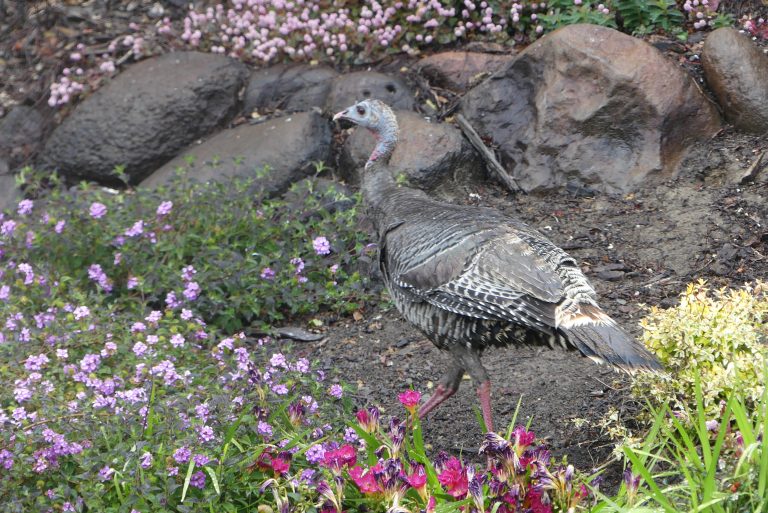
Speakers

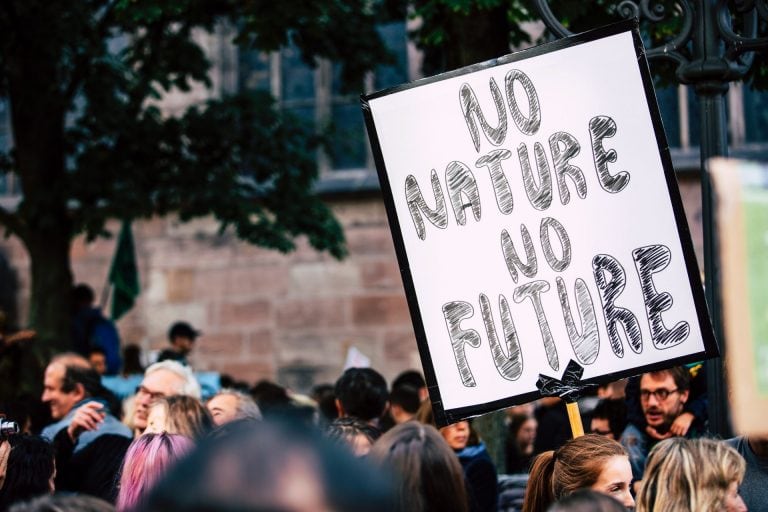
Exploring Culturally Relevant Education and Climate Smart Restoration
Human Populations and Birds
Hannah Evans
Online: Thursday, August 20, 2020 at 7 pm
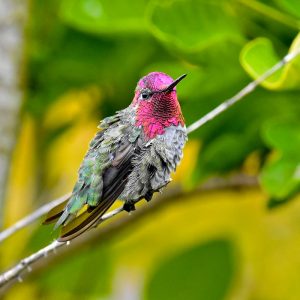 Anna’s Hummingbird by Aurora Santiago
Anna’s Hummingbird by Aurora Santiago
Bird health and human health are deeply linked. As are the links between the impacts of climate change, poverty, marginalization, and population growth. In this talk, learn how population growth, the rise in carbon emissions and the impacts of U.S. foreign assistance policies have on global health. Hannah Evans will outline some of the ways that human growth and habitat destruction contribute to climate change, and how all three factors are affecting bird populations throughout California and in other regions.
View a recording of this presentation at https://youtu.be/2SQAWEm2Faw
Hannah Evans is interested in working with students, professors, and activists to promote positive social and environmental change. Hannah works with college-level students and professors to integrate population studies back into the mainstream, with a particular focus on human rights and social justice. She develops and gives comprehensive, solution-oriented presentations focused on the connections between global population growth, access to comprehensive reproductive healthcare, and environmental sustainability. Through an examination of some of the root causes of population growth, her work seeks to highlight the interconnections between poverty, marginalization, women’s rights, and environmental pressures made worse by climate change.…
SFBBO Waterbird Research
Dr. Max Tarjan
Online: Thursday, July 16, 2020 at 7 pm
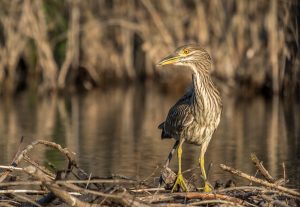 Black-crowned Night Heron by Lucas Piccolo
Black-crowned Night Heron by Lucas Piccolo
Learn about four decades of waterbird research and conservation in the San Francisco Bay Area! The San Francisco Bay Area offers important habitat for nesting and migratory birds at the center of the Pacific Flyway. This region also supports a large human population, and has lost an estimated 90% of historic tidal marsh habitat to urban development, industry, and agriculture. For four decades, the San Francisco Bay Bird Observatory has worked with Bay Area citizens to study and protect the area’s remaining waterbirds and their habitats. These projects rely on rigorous data collection, citizen science, and local partnerships to understand bird habitat use and inform conservation actions.
Dr. Max Tarjan is the Waterbird Program Director at the San Francisco Bay Bird Observatory. Dr. Tarjan has over a decade of experience tracking the spatial movements and populations of birds and mammals in central California.…
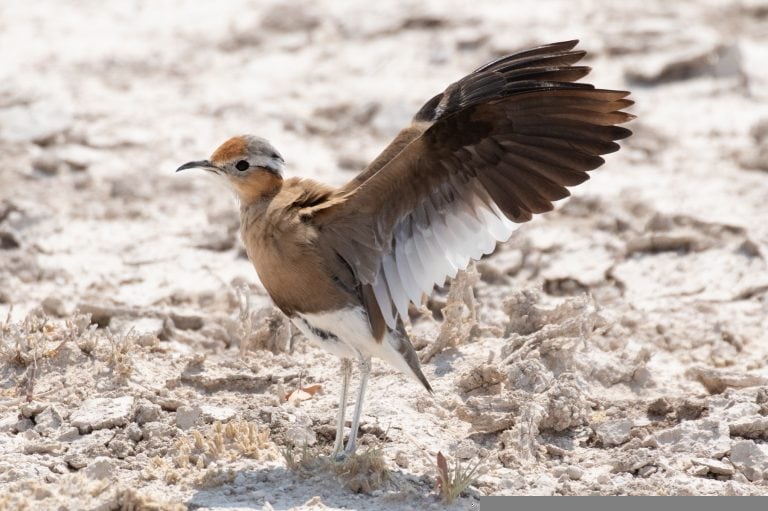
Sand Dunes and Salt Flats: A GGBA Trip to Namibia, Africa
Bob Lewis
Berkeley: Thursday, June 18, 2020
6:30 p.m. refreshments, 7 p.m. program
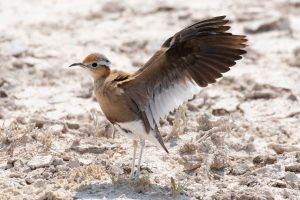 Burchell’s Courser by Bob Lewis
Burchell’s Courser by Bob Lewis
Namibia is one of the least densely populated countries in the world, with 2.6 million residents. It has the largest sand dunes in the world, and it hasn’t rained for over 10 years in parts of the Namib Desert. But it hosts many birds and animals that have learned to survive in this arid place. We spent some time in Cape Town with GGBA friends (Eric and Susan), and then four of us drove to Walvis Bay where we met our GGBA tour group. We’ll show you many of the desert creatures we saw on our tour.
Bob trained as a chemist, but his second career is very avian. He’s served on the GGBA board where he led the Adult Education Committee. He’s an award-winning photographer and world traveler, and frequent public speaker on avian topics at libraries and Audubon Societies. He has co-taught Master Birding, Avian Evolution and Bay Area Birds for GGBA, and his bird life list stands at 5037.…
